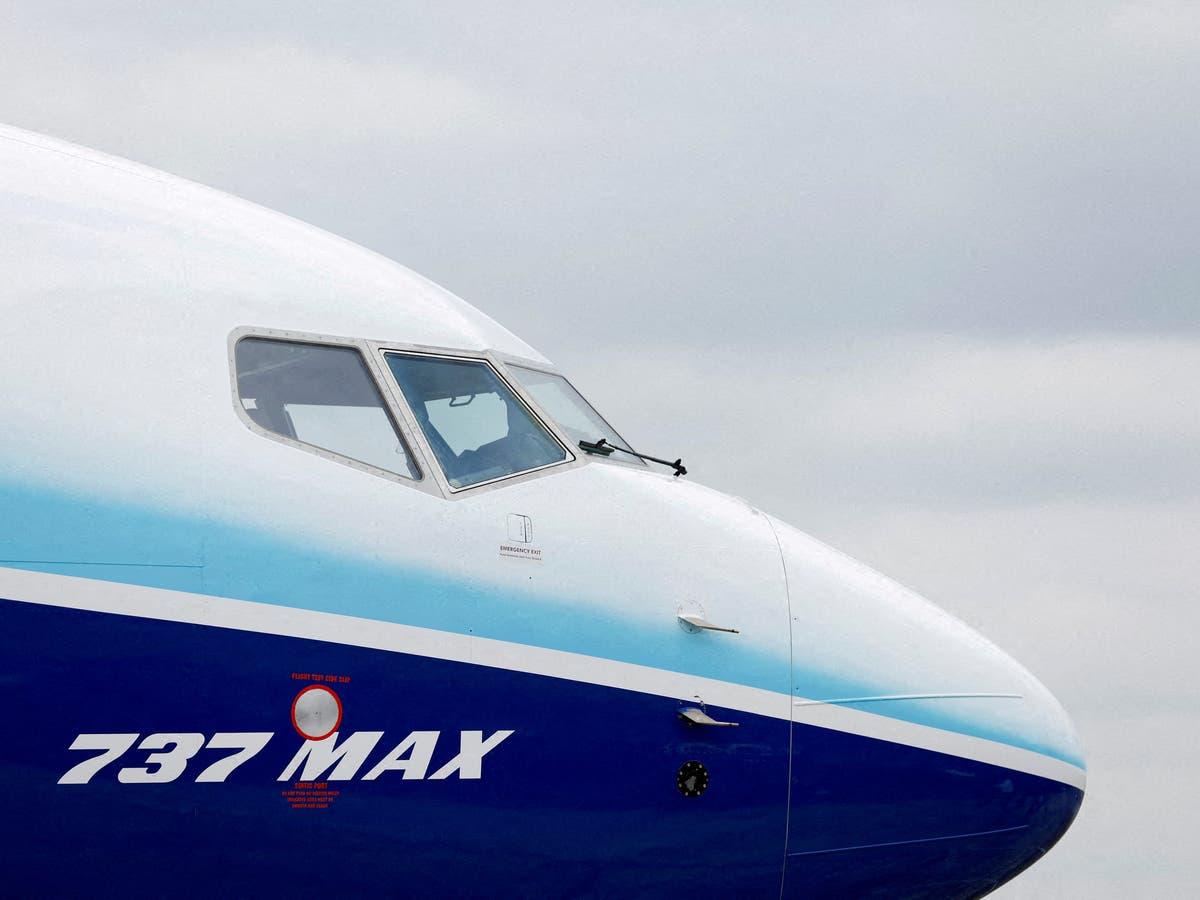
Smarter email, faster business. Auto-tag, parse, and respond to RFQs, quotes, orders, and more — instantly.
Trending Now:
Delta Air Lines Opposes New Trump Tariffs on Aircraft Imports
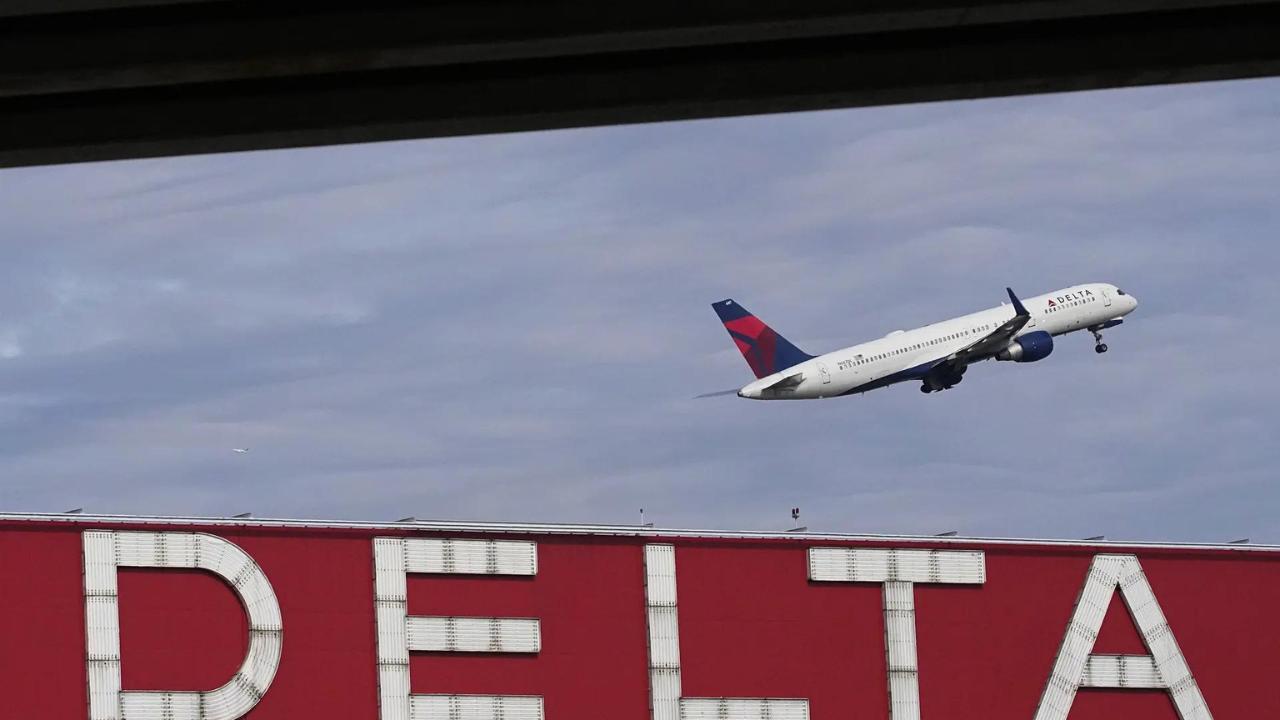
Delta Air Lines Opposes Proposed Trump Administration Tariffs on Aircraft Imports
Delta Air Lines has expressed strong opposition to the Trump administration’s consideration of new tariffs on imported commercial aircraft and parts. These tariffs are being evaluated under a Section 232 national security investigation initiated by the U.S. Department of Commerce in May 2025. Delta warns that such measures could severely disrupt the global supply chains critical to the airline industry, particularly for carriers that depend heavily on international manufacturers.
Concerns Over Operational and Financial Impact
The airline industry is currently facing numerous challenges, including rising operational costs, ongoing supply chain disruptions, and weakening demand, especially in North America. Against this backdrop, the introduction of tariffs threatens to exacerbate these difficulties by increasing expenses, delaying aircraft deliveries, and undermining the financial stability of U.S. carriers. Delta has formally urged the government to avoid retroactive application of tariffs, cautioning that this could jeopardize existing aircraft purchase agreements and impose significant financial strain.
Delta’s fleet renewal and expansion plans rely on timely deliveries from international manufacturers, notably Airbus, whose aircraft are produced in facilities located in Canada, Germany, and France. The imposition of tariffs could compel Delta to suspend current orders and halt future acquisitions of foreign-made aircraft, potentially hindering the airline’s ability to modernize its fleet and maintain operational efficiency. The airline further emphasized that such disruptions would have ripple effects throughout the broader aerospace supply chain.
Competitive Challenges for U.S. Airlines
Delta also highlighted the competitive imbalance that the tariffs could create for U.S.-based carriers. While international airlines would remain exempt from these tariffs, U.S. airlines could face increased costs and limited access to the latest aircraft technologies. This disparity risks undermining the global competitiveness of American carriers, restricting their ability to operate efficiently and effectively in the international market.
Wider Industry Implications Amidst Ongoing Challenges
The proposed tariffs arrive at a time when the aviation sector is already contending with significant headwinds. Supply chain difficulties have caused delays and increased costs, while demand for air travel has softened, particularly in North America. Industry experts warn that additional trade barriers could further complicate fleet procurement and maintenance, potentially affecting service quality and ticket prices for consumers.
As the Department of Commerce continues its investigation, Delta’s opposition highlights the high stakes involved for the U.S. airline industry. The decision will not only influence Delta’s operational future but may also establish a precedent for how trade policy intersects with aviation in an increasingly interconnected global economy.
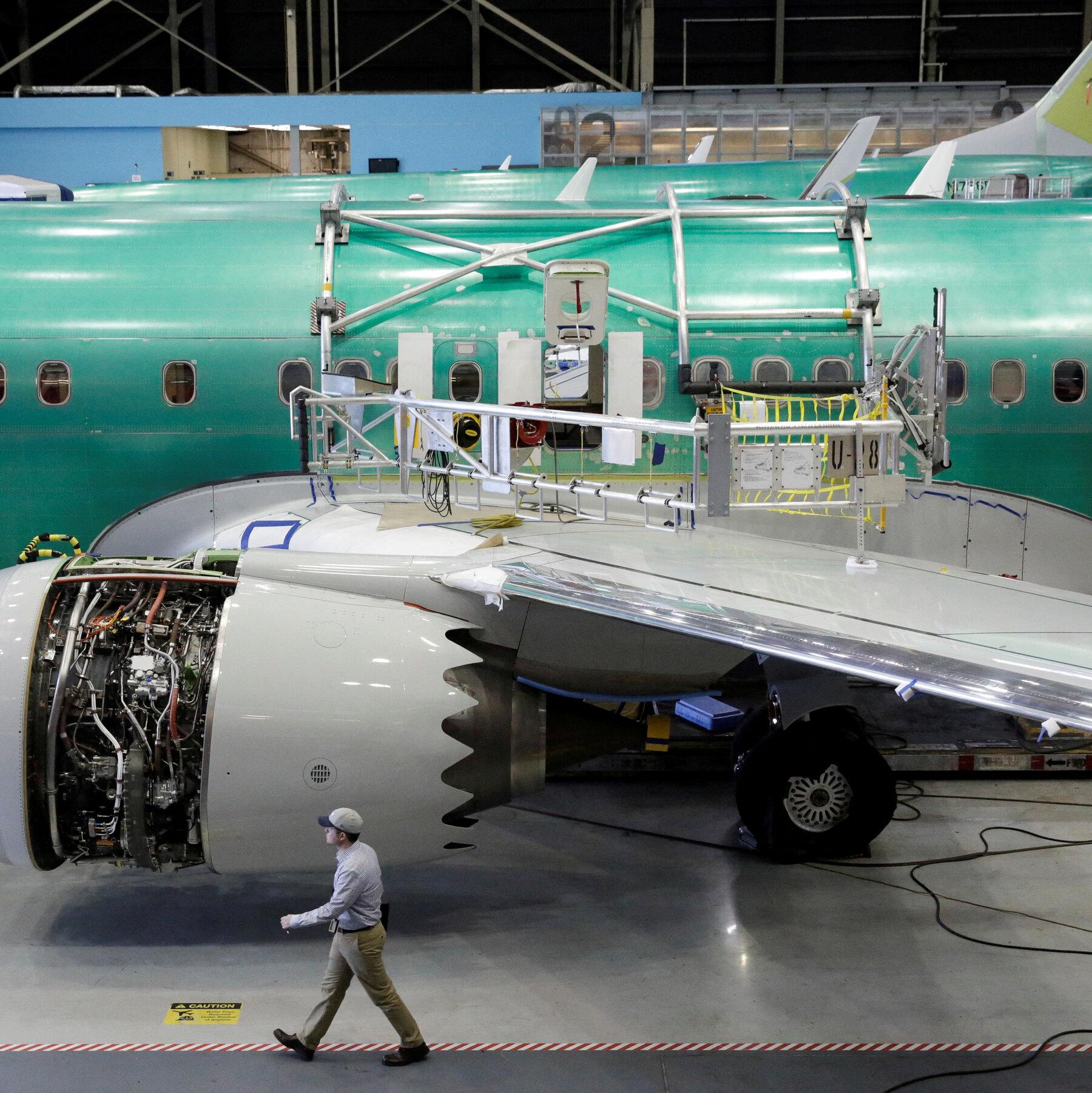
Challenges Boeing Faced After Designing the 737 MAX for Larger Engines
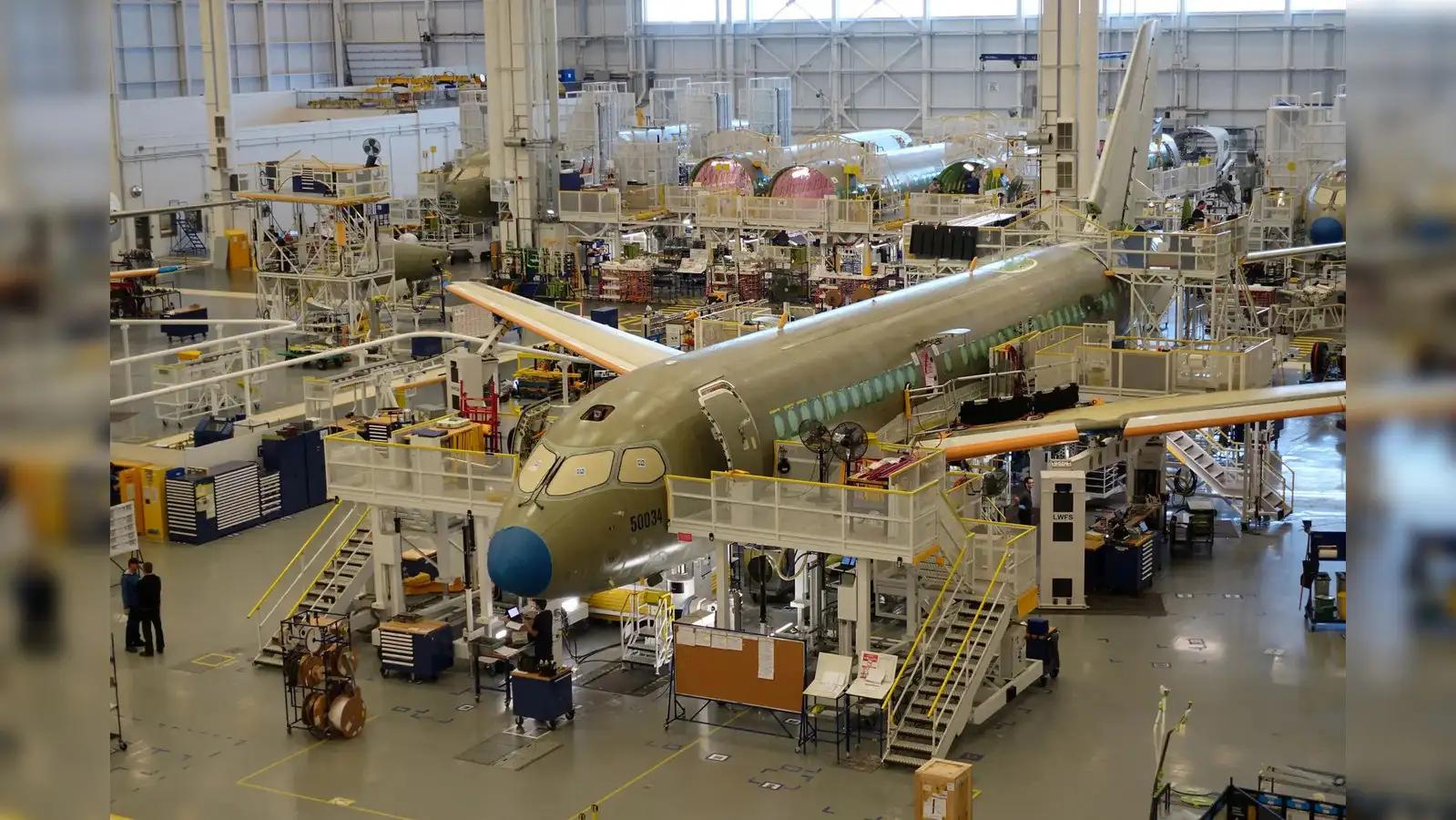
China Reportedly Preparing to Place Major Airbus Order for Up to 500 Planes
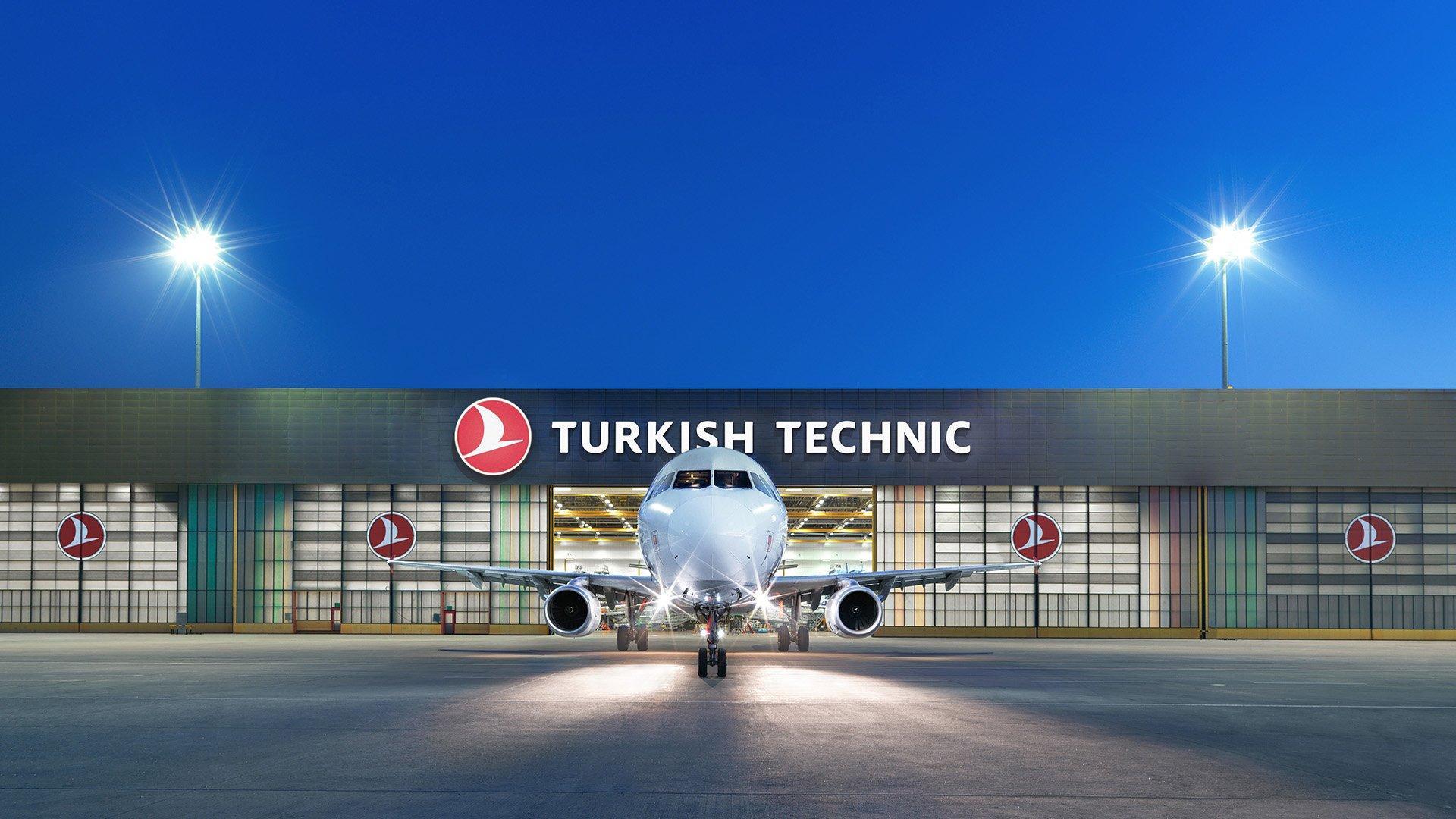
Turkish Technic and CFM Discuss Launching LEAP Engine Repair Hub in Istanbul
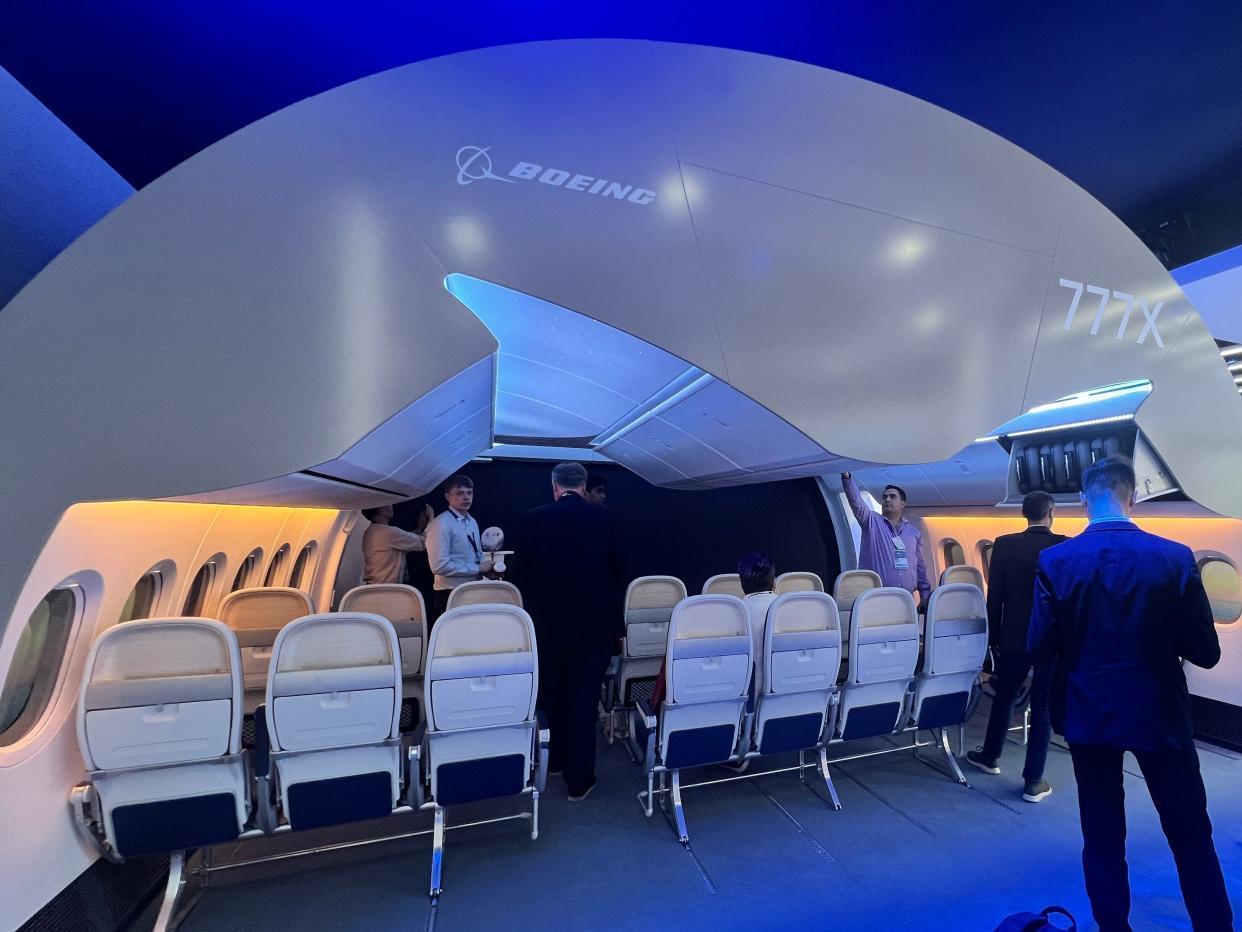
Airlines Poised to Benefit from the Boeing 777X
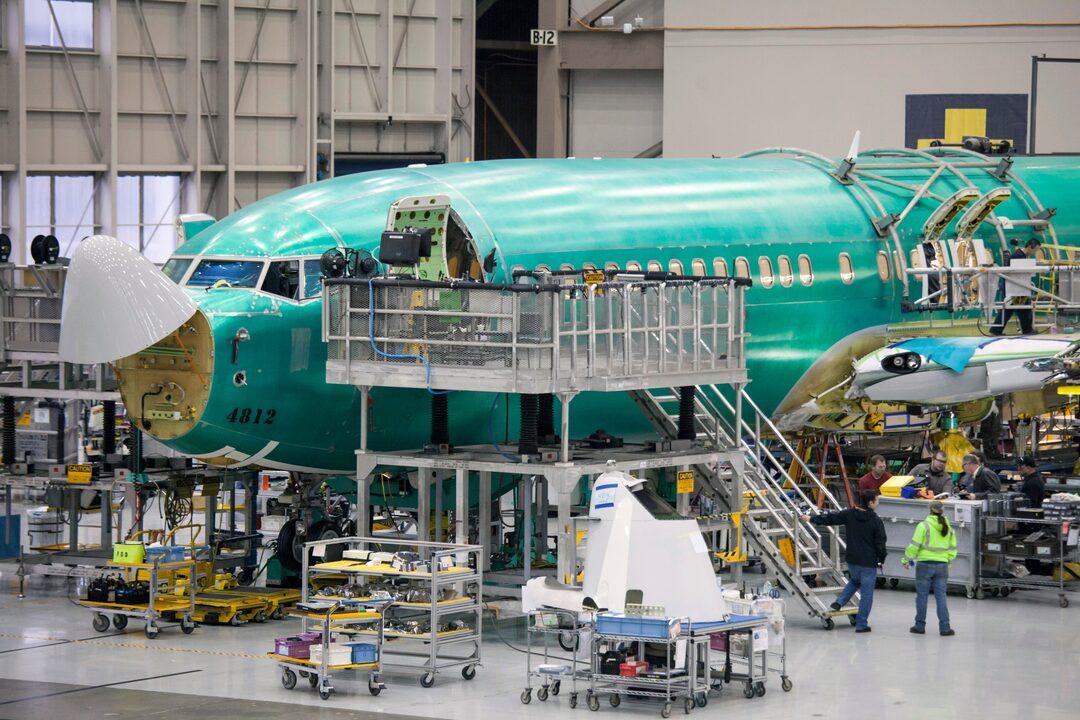
What Boeing’s Production Ramp-Up Means for Supply Chain Accounting
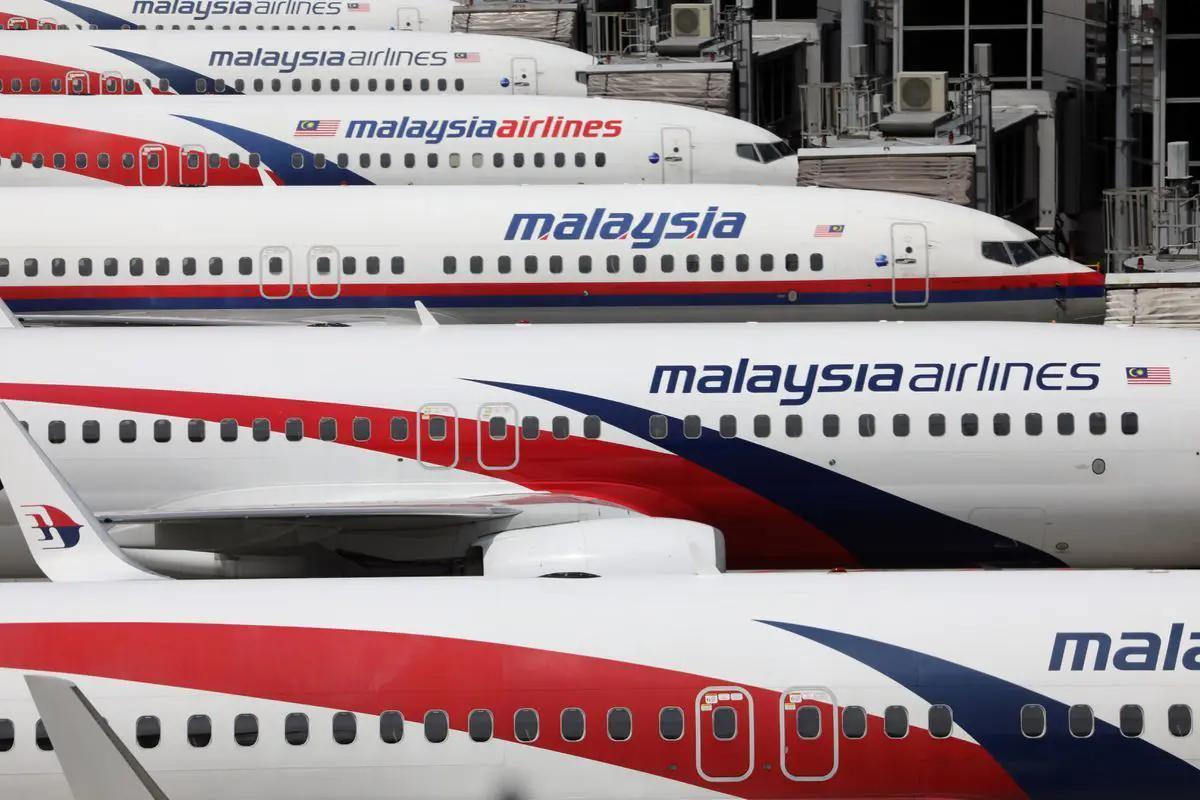
Malaysia Airlines Expands AI Partnership with Google
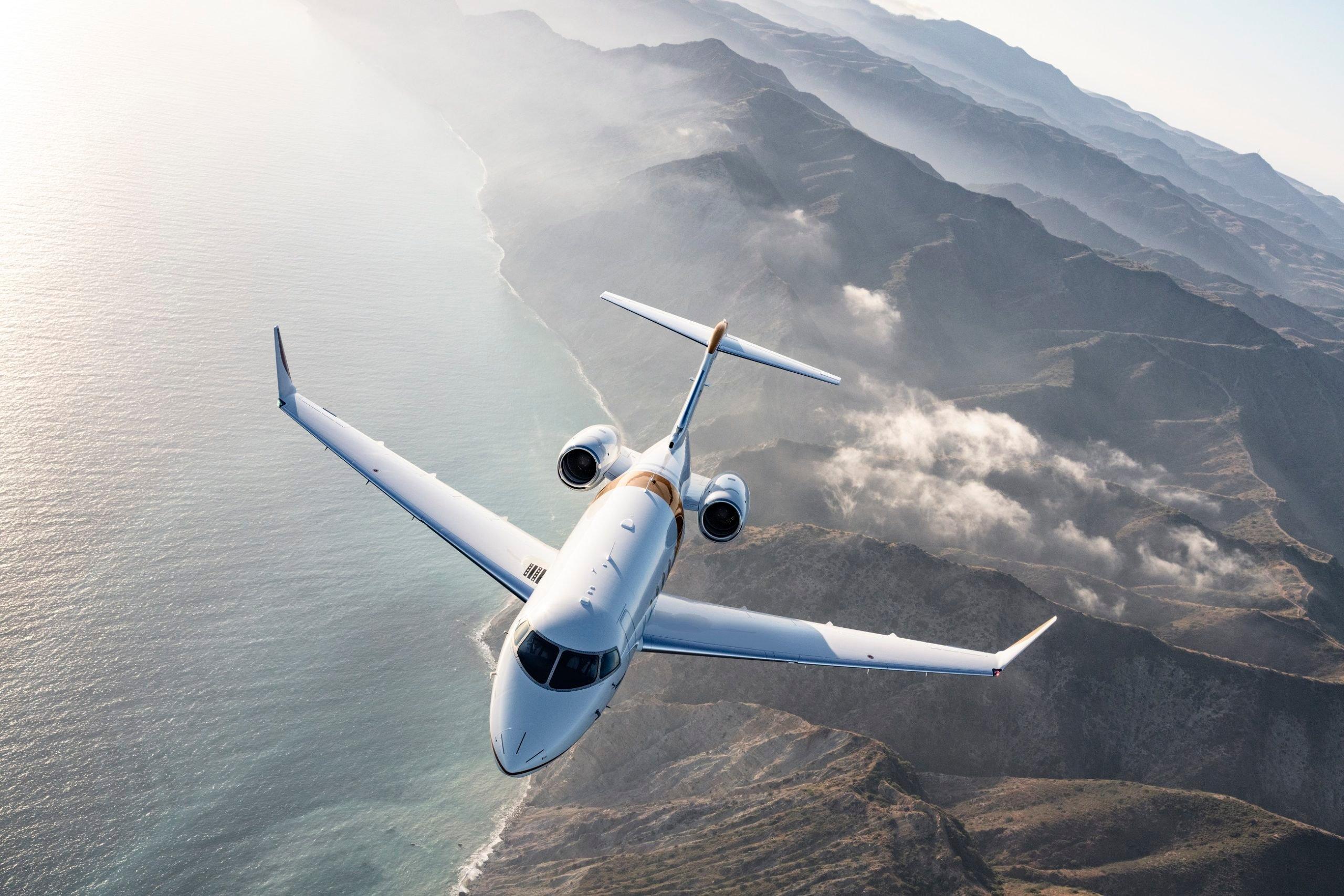
Demand for New Business Jets Expected to Grow 11% in 2025
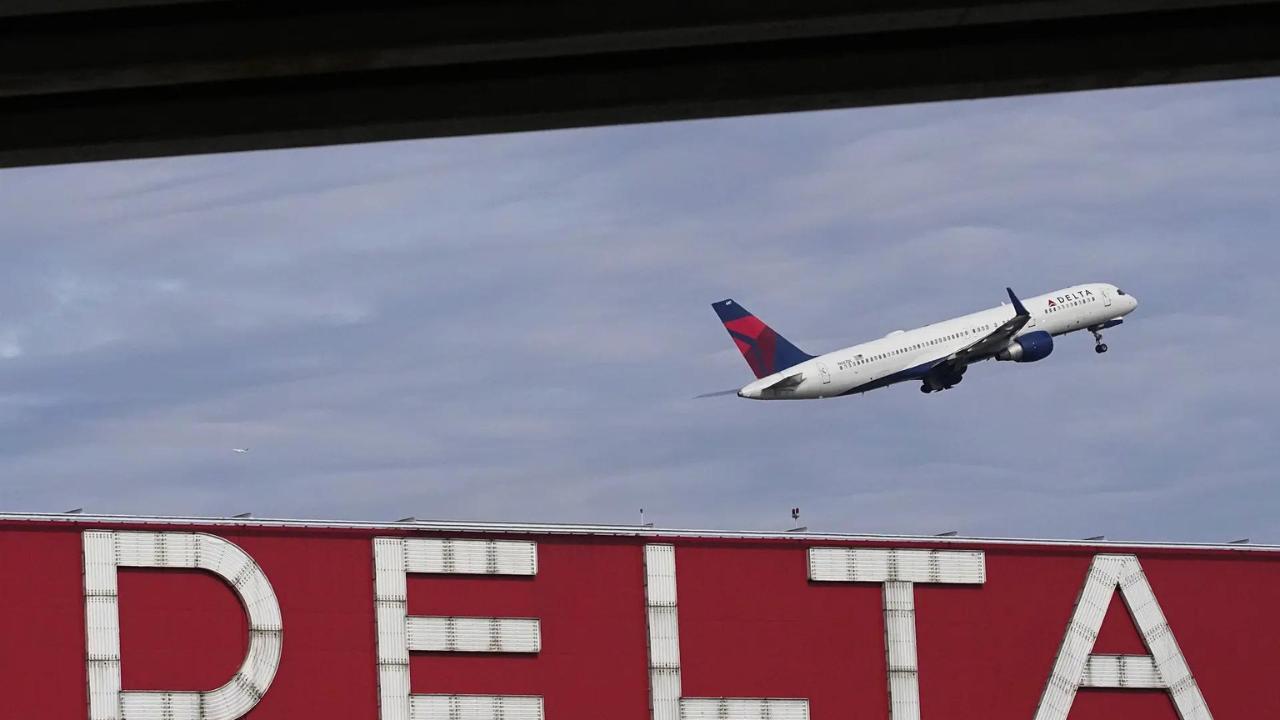
Delta Opposes Trump Administration’s Proposed Aircraft Tariffs
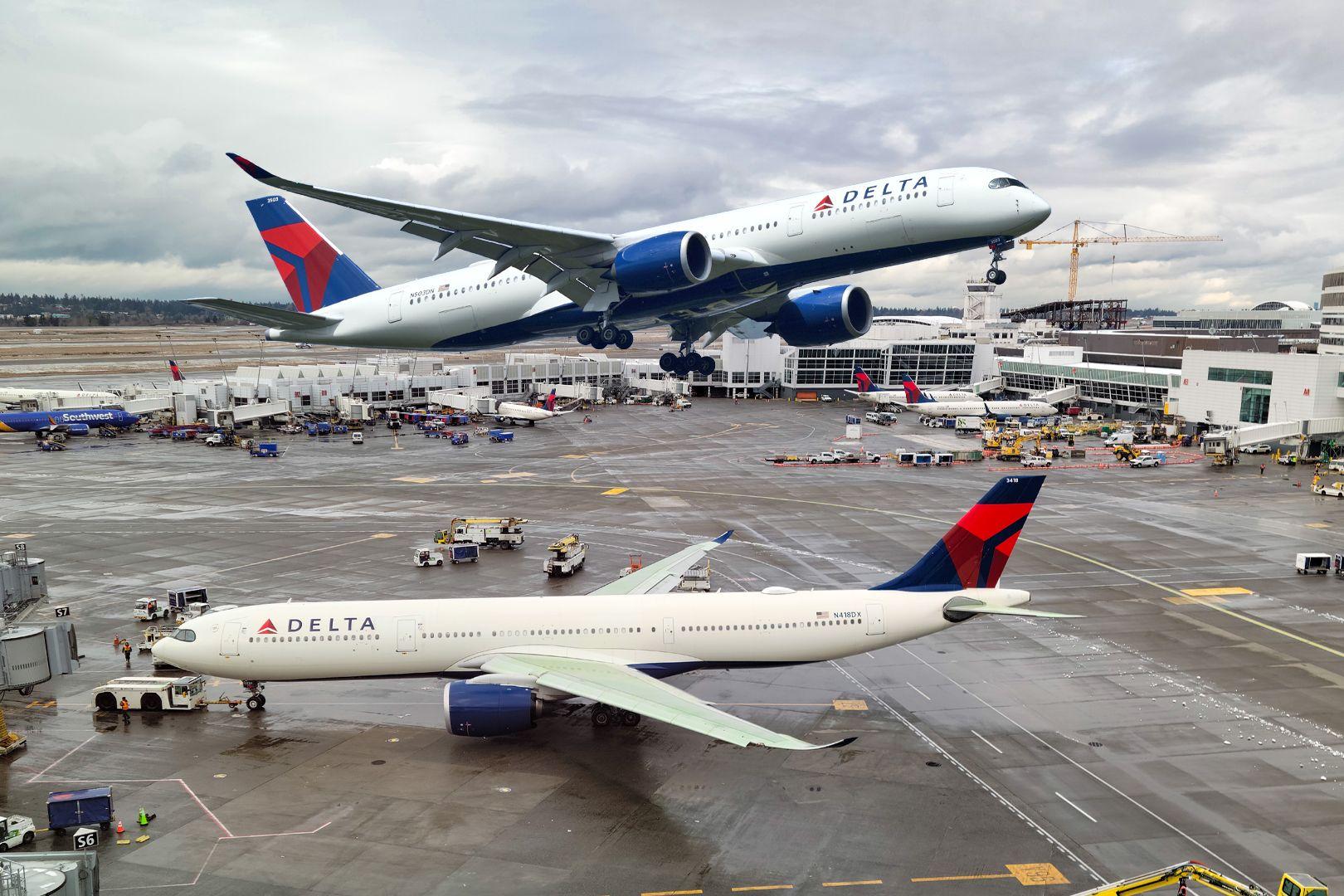
Delta Air Lines Says Tariffs May Threaten Airbus Orders and Flights
